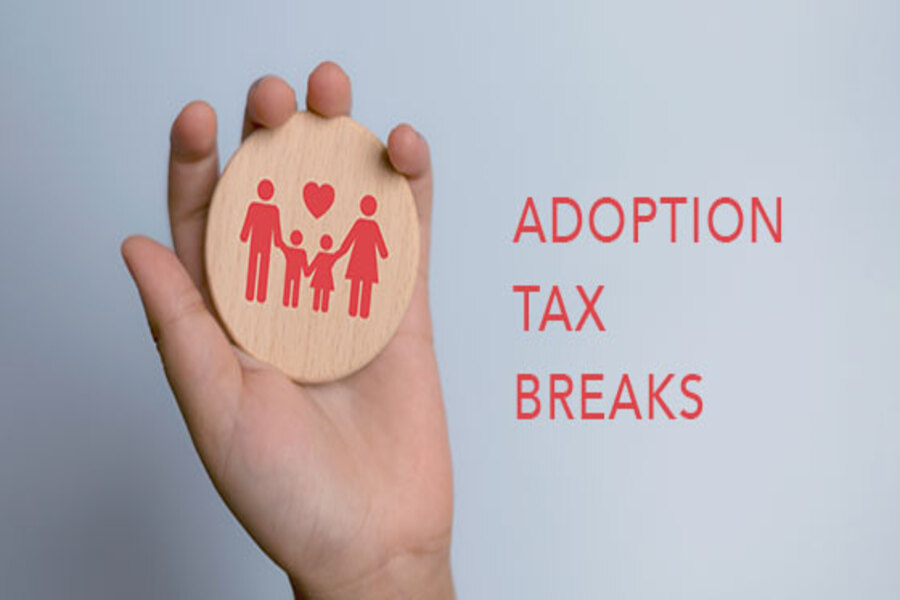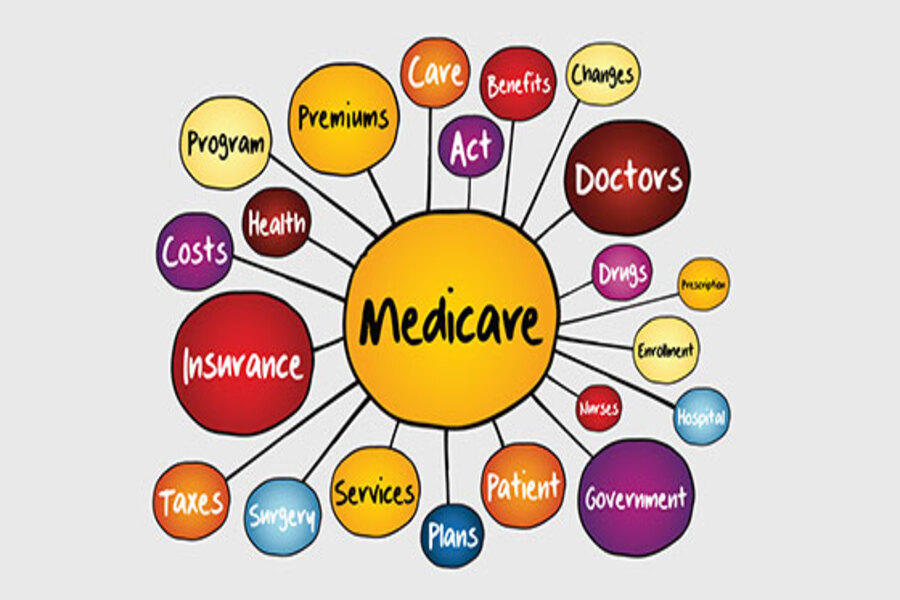The IRS announced that 2025 filing season for individual income tax returns started on January 27. That’s when the agency began accepting and processing 2024 tax year returns. Even if you typically don’t file until much closer to the mid-April deadline (or you file for an extension), you may want to file earlier this year. The reason is you can potentially protect yourself from tax identity theft. Here are some answers to questions taxpayers may have about filing. How can your tax identity be stolen? Tax identity theft occurs when someone uses your personal information — such as your Social Security Number — to file a fraudulent tax return and claim a refund in your name. One of the simplest yet most effective ways to protect yourself from...

Once you reach age 73, tax law requires you to begin taking withdrawals — called Required Minimum Distributions (RMDs) — from your traditional IRA, SIMPLE IRA and SEP IRA. Since funds can’t stay in these accounts indefinitely, it’s important to understand the rules behind RMDs, which can be pretty complex. Below, we address some common questions to help you navigate this process. What are the tax implications if I want to withdraw money before retirement? If you need to take money out of a traditional IRA before age 59½, distributions are taxable, and you may be subject to a 10% penalty tax. However, there are several ways that you can avoid the 10% penalty tax (but not the regular income tax). They include using the money to...
As higher education costs continue to rise, you may be concerned about how to save and pay for college. Fortunately, several tools and strategies offered in the U.S. tax code may help ease the financial burden. Below is an overview of some of the most beneficial tax breaks and planning options for funding your child’s or grandchild’s education. Qualified tuition programs or 529 plans A 529 plan allows you to buy tuition credits or contribute to an account set up to meet your child’s future higher education expenses. State governments or private institutions establish 529 plans. Contributions aren’t deductible. They’re treated as taxable gifts to the child, but they’re eligible for the annual gift tax exclusion ($19,000 in 2025). If you contribute more than the annual exclusion limit...
Saving for retirement is a crucial financial goal and a 401(k) plan is one of the most effective tools for achieving it. If your employer offers a 401(k) or Roth 401(k), contributing as much as possible to the plan in 2025 is a smart way to build a considerable nest egg. If you’re not already contributing the maximum allowed, consider increasing your contribution in 2025. Because of tax-deferred compounding (tax-free in the case of Roth accounts), boosting contributions can have a significant impact on the amount of money you’ll have in retirement. With a 401(k), an employee elects to have a certain amount of pay deferred and contributed to the plan by an employer on his or her behalf. The amounts are indexed for inflation each year...
When considering the advantages of U.S. Treasury savings bonds, you may appreciate their relative safety, simplicity and government backing. However, like all interest-bearing investments, savings bonds come with tax implications that are important to understand. Deferred interest Series EE Bonds dated May 2005 and after earn a fixed rate of interest. Bonds purchased between May 1997 and April 30, 2005, earn a variable market-based rate of return. Paper Series EE Bonds, issued between 1980 and 2012, were sold at half their face value. For example, you paid $25 for a $50 bond. The bond isn’t worth its face value until it matures. New electronic EE Bonds earn a fixed rate of interest that’s set before you buy the bond. They earn that rate for the first 20 years,...
There are two tax breaks that help eligible parents offset the expenses of adopting a child. In 2025, adoptive parents may be able to claim a credit against their federal tax for up to $17,280 of “qualified adoption expenses” for each child. This is up from $16,810 in 2024. A tax credit is a dollar-for-dollar reduction of tax. Also, adoptive parents may be able to exclude from an employee’s gross income up to $17,280 in 2025 ($16,810 in 2024) of qualified expenses paid by an employer under an adoption assistance program. Both the credit and the exclusion are phased out if the parents’ income exceeds certain limits detailed below. Parents can claim both a credit and an exclusion for the expenses of adopting a child. But they...
Medicare health insurance premiums can add up to big bucks — especially if you’re upper-income, married, and you and your spouse both pay premiums. Read on to understand how taxes fit in. Premiums for Part B coverage Medicare Part B coverage is commonly called Medicare medical insurance. Part B mainly covers doctors’ visits and outpatient services. Eligible individuals must pay monthly premiums for this benefit. Medicare is generally for people 65 or older. It’s also available earlier to some people with disabilities, and those with end-stage renal disease and ALS. The monthly premium for the current year depends on your modified adjusted gross income (MAGI), as reported on your Form 1040 for two years earlier. MAGI is the adjusted gross income (AGI) number on your Form 1040 plus...
If you’ve reached age 70½, you can make cash donations directly from your IRA to IRS-approved charities. These qualified charitable distributions (QCDs) may help you gain tax advantages. QCD basics QCDs can be made from your traditional IRA(s) free of federal income tax. In contrast, other traditional IRA distributions are wholly or partially taxable, depending on whether you’ve made nondeductible contributions over the years. Unlike regular charitable donations, you can’t claim itemized deductions for QCDs. That’s OK because the tax-free treatment of QCDs equates to a 100% deduction. To be a QCD, an IRA distribution must meet the following requirements: It can’t occur before you’re age 70½. It must meet the normal tax-law requirements for a 100% deductible charitable donation. It must be a distribution that would otherwise be...
Inflation can have a significant impact on federal tax breaks. While recent inflation has come down since its peak in 2022, some tax amounts will still increase for 2025. The IRS recently announced next year’s inflation-adjusted amounts for several provisions. Here are the highlights. Standard deduction. What does an increased standard deduction mean for you? A larger standard deduction will shelter more income from federal income tax next year. For 2025, the standard deduction will increase to $15,000 for single taxpayers, $30,000 for married couples filing jointly and $22,500 for heads of household. This is up from the 2024 amounts of $14,600 for single taxpayers, $29,200 for married couples filing jointly and $21,900 for heads of household. The highest tax rate. For 2025, the highest tax rate of...
The Inflation Reduction Act (IRA), enacted in 2022, created several tax credits aimed at promoting clean energy. You may want to take advantage of them before it’s too late. On the campaign trail, President-Elect Donald Trump pledged to “terminate” the law and “rescind all unspent funds.” Rescinding all or part of the law would require action from Congress and is possible when Republicans take control of both chambers in January. The credits weren’t scheduled to expire for many years, but they may be repealed in 2025 with the changes in Washington. If you’ve been thinking about making any of the following eligible purchases, you may want to do it before December 31. Home energy efficiency improvements Homeowners can benefit from several tax credits for making energy-efficient upgrades to their homes....











